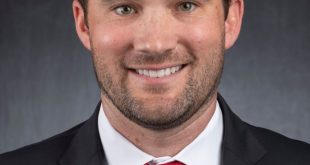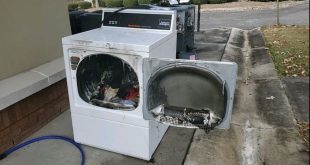Dr. Ye [Juliet] Chu works with peanuts—well, on peanuts.
The next Science Seminar will take place at 4 p.m. today in Powell Hall featuring guest speaker Dr. Ye [Juliet] Chu, postdoctoral associate.
Dr. Chu works in University of Georgia’s horticulture department at the Tifton campus. Though she’s been to various seminars, this will be her first time participating in a VSU seminar.
The focus of her presentation will be peanut cultivation, including the reduction of peanut allergens and the improvement of peanut oil quality.
“[I] look at the genetic components and look to see if [I] could use DNA molecular markers to select for disease resistance,” she said.
She wishes to learn about the students’ vision and career choice while she’s here.
“Hopefully I will help whoever attends the seminar [have] a better stepping stone,” Dr. Chu said in regards to her presentation.
Dr. Emily Cantonwine, associate professor of biology, is fond of Dr. Chu’s work.
“I’ve been following her research for a number of years,” she said. “I think she uses some advanced biological techniques to address questions related to peanut production.”
The chemistry department will host the next Science Seminar on Oct. 4 at 4 p.m.
The Science Seminar series was co-created by Dr. John Elder, professor of biology, and Dr. Thomas Manning, professor of analytical and physical chemistry, about ten years ago.
After its first year, Linda Chamberlin, former dean of Arts and Sciences, assisted in making it permanent.
“There had been a lot of talk about the need to foster greater communication between our science departments and the broader professional community to benefit both faculty and students by exposure to current research on a routine basis,” Dr. Elder said. “In spite of a lot of talk, little was being done towards those ends.”
This is why he and Dr. Manning took it upon themselves to put together the first seminar relying on personal professional contacts as guest speakers.
The series are weekly events that occur each semester.
According to Dr. Cantonwine, this series allows students and faculty to dig a little deeper into science as they learn more about the research that’s being done.
It also increases student knowledge concerning both job and graduate school opportunities in the world of science.
“It helps students to see different avenues that might spark their interest,” Dr. Cantonwine said.
Dr. Manning agrees with this statement, as he feels that students receive the chance to get educated about new fields that they didn’t know existed.
“Others might decide that a graduate program is what is in their future,” he said. “For others, it may plant a seed that surfaces later in their academic career or in their life.”
The next Science Seminar will be Oct. 4 at 4 p.m.hosted by the Chemistry Department.
 The Spectator The independent student newspaper of Valdosta State University
The Spectator The independent student newspaper of Valdosta State University





